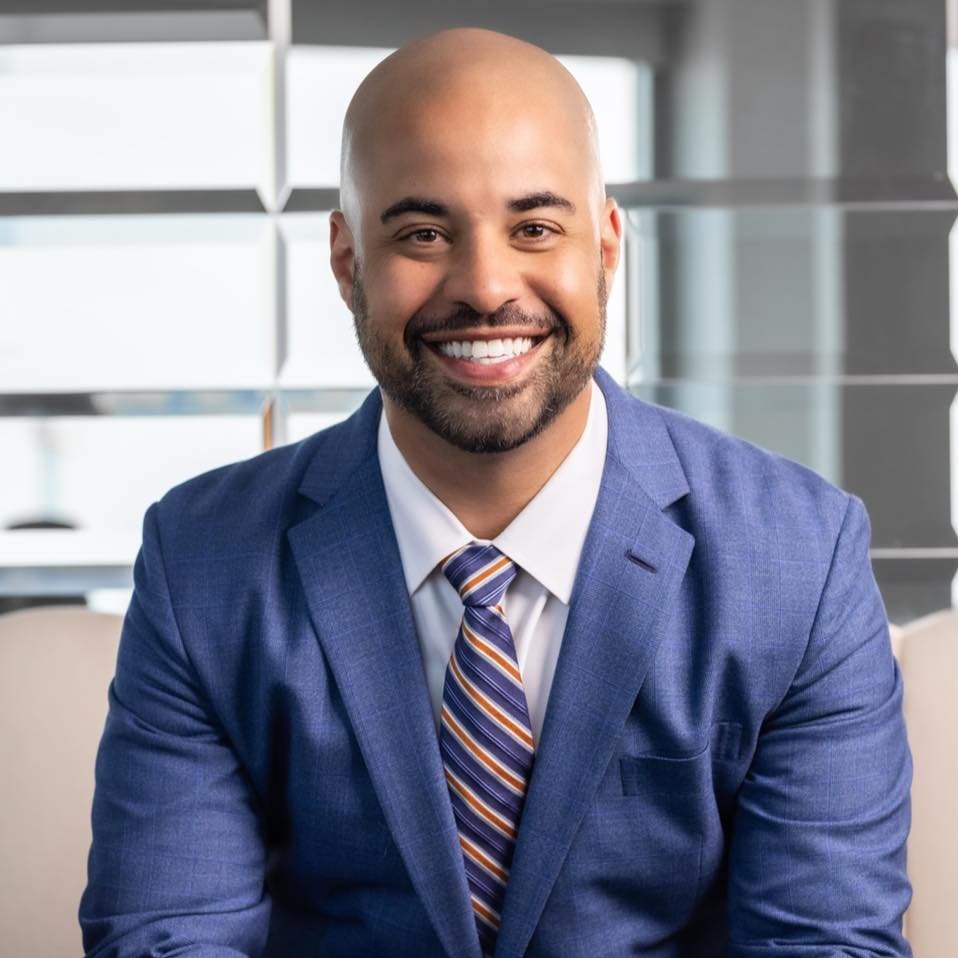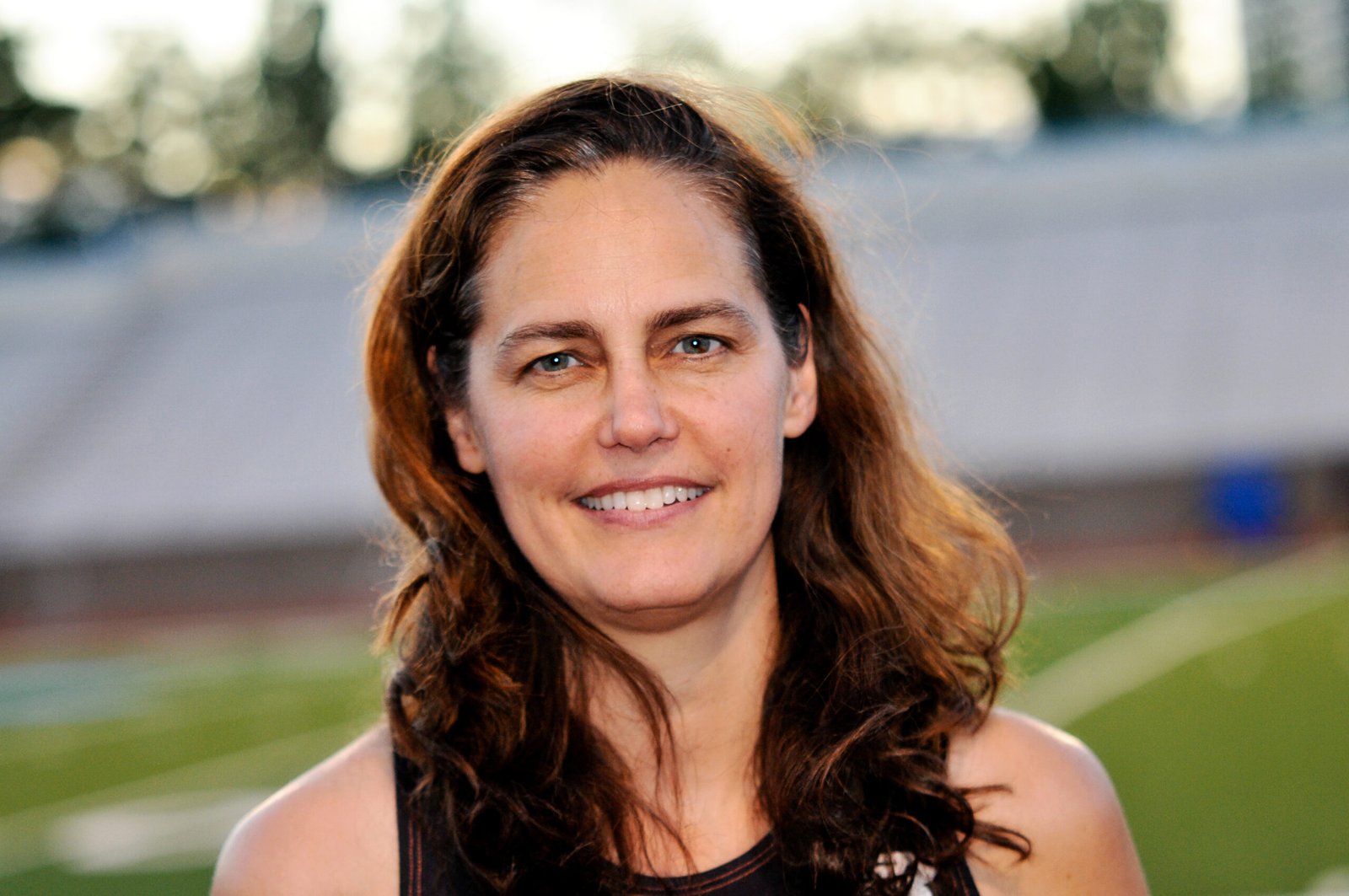I recently went one on one with Dr. Adam Bandelli. Adam is the author of Relational Intelligence.
AM: Thanks again for taking the time to share your advice. First things first, though, I am sure readers would love to learn more about you. How did you get here? What experiences, failures, setbacks, or challenges have been most instrumental to your growth?
AB: I’ve always had a passion for leadership, relationships, and influence. This started back in high school and college as an athlete playing basketball. I was fascinated by coaches and players who inspired and motivated their teams. I started my career as an HRBP for a global technology company. During that time, I worked with some of the best thought leaders in my industry. It was my first exposure to leadership competencies – the skills and behaviors that make for effective leadership in any organization. This was the start of work I would do for the next twenty years, which culminated with my first book, What Every Leader Needs: The Ten Universal and Indisputable Competencies of Leadership and now in my second book Relational Intelligence: The Five Essential Skills You Need to Build Life-Changing Relationships.
After spending four years as a strategic HRBP, I decided to pursue my doctoral degree in industrial-organizational psychology at the University of South Florida. I got to work with seasoned experts in my field on leadership, motivation, and organizational effectiveness. My training and education as a business psychologist culminated with my doctoral dissertation, which focused on leadership, relationships, and influence. I developed a conceptual framework of the five essential skills, which I call Relational Intelligence, that every leader must have in their repertoire if they are to successfully connect with people and build strong, long-lasting relationships. I’ve used this model for relationship development throughout my entire career and it has helped my clients have tremendous impact and influence in their personal and professional lives. It has become one of the cornerstones for the work we do at my firm. My consultants build genuine and authentic relationships with our clients. This contributes to the deep trust and partnership that we have with senior executives.
AM: What do you hope readers take away from your new book?
AB: In my new book, Relational Intelligence: The Five Essential Skills You Need to Build Life-Changing Relationships, I outline the key interpersonal skills people need to build great professional and personal relationships across all areas of their lives.
The first part of the book discusses each of the five skills. Drawing from research and practice in the fields of psychology, sociology, and the behavior sciences, I share with the readers the power of initial connections and rapport building. I discuss how people can use curiosity and empathy to better understand the people around them. I talk about diversity and inclusion and why these two areas are critical for building strong relationships with different types of people. I talk about the importance of developing trust and allowing ourselves to be vulnerable with others. I explain how to cultivate influence to have a positive and lasting impact on others.
The second part of the book focuses on the applications of relational intelligence. I discuss family relationships and how parents can instill the proper values and beliefs in their children. I talk about friendships and how we create lasting bonds with people by consistently practicing the relational intelligence skills. I cover the professional world and how to build world-class networks with colleagues and coworkers. Lastly, I talk about romantic relationships and marriage and how people can use relational intelligence to find last intimacy. Given that we have been socially isolated for over the last two years, I hope readers will walk away with a framework for connecting with others and having meaningful and impactful relationships. Applying these five skills across all areas of your life will bring readers greater joy, satisfaction, and fulfillment.
AM: What do you believe are the defining qualities of an effective leader?
AB: Great leaders practice certain leadership skills on a consistent basis. Some of these defining qualities include vision, commitment, endurance, compassion, innovation, and wisdom. Vision setting is the quintessential leadership skill. It is about developing a clear sense of mission and purpose that provides direction to others. When leaders understand where they are going, they can inspire and motivate their people. Commitment is about persevering with confidence and composure under difficult and high-stress situations. It is about reaping what you sow. Leaders need to be diligent in their efforts and sow even in seasons where they are not seeing immediate results. Endurance is about maintaining resilience, tenacity, and stamina to achieve goals during periods of change and uncertainty. These behaviors enable leaders to remain persistent under setbacks and adversity. Compassion is about having a positive impact on people through communication, social awareness, and relational intelligence. Relationally intelligent leaders empathize with the experiences of others and develop deep, dynamic, and trusting relationships with their people. Innovation is about applying continuous improvement to processes and procedures over time. Innovative leaders anticipate the future and give their people the freedom and autonomy to come up with creative ideas. Lastly, wisdom is about understanding how today’s decisions will impact tomorrow. Wise leaders learn from their mistakes. They are not afraid to admit when they are wrong and seek out counsel and guidance from others to make improvements.
AM: How can leaders and aspiring leaders take their leadership skills to the next level?
AB: That’s a great question and one I often get from my clients. There are three things all aspiring leaders should focus on if they want to take their skills to the next level. First, they need to get a vision and plan for their future. Leaders fail when they do not have a specific end in mind which they can state clearly. Where do they want to take their teams? What do they hope to accomplish collectively and individually? Who do they want to partner with to make their dreams a reality? Second, they need to focus on strengthening the relationships around them. Relational intelligence is about being intentional in how you develop and cultivate relationships. Great leaders find people above, across, and below to learn from. They actively seek out mentors and advisers to help along their leadership journey. Lastly, they are able to learn from their mistakes. When leaders fail to grow, it usually occurs because they repeat the same mistakes over and over again. They haven’t taken the time to process what didn’t work and make the appropriate adjustments to avoid those pitfalls in the future.
AM: What are your three best tips applicable to entrepreneurs, executives, and civic leaders?
AB: Find Strong Mentors, Coaches, or Advisors: Mentors help people develop and grow. A strong mentor is a person who intentionally helps you make your life better. The best mentors see potential and strive to develop it in the people they lead. Find people that you admire and respect in your area of expertise. Take proactive initiative in connecting with them and learning about what they do. Great mentoring relationships form over time organically. You must put time, effort, and energy in if you want to learn from others. Executive coaches and trusted advisors give senior executives a strong third-party sounding board when making key decisions. Great coaches and consultants challenge their clients’ thinking and how they solve problems impacting their business.
Identify and Retain Top Talent: To build strong organizations, you need the best talent on your teams. Great leaders are not afraid to surround themselves with strong players. They understand that it is the sum of all the parts that lead to outstanding results. To identify great talent, you need to have a framework or “scorecard” of what good looks like. We use leadership scorecards in our consulting practice to help entrepreneurs and executives identify the skills, behaviors, role imperatives, and key competencies that will move their business forward. When you have a scorecard, it is easier to find the right people who will fit your culture.
Consistently Demonstrate Vigilance: Vigilant leaders demonstrate personal accountability and ownership for decisions, results, and consequences. They establish clarity of expectations and accountabilities regarding deliverables, timelines, and key milestones. They use structure, process, and strong procedures to instill a sense of urgency in their people. When entrepreneurs or executives focus on vigilance, they set the proper tone for others to follow. This galvanizes their workforce and challenges people to bring their best every day.
AM: What is your best advice on building, leading, and managing teams?
AB: To build great teams, leaders must develop their relational intelligence. They must take time to establish rapport and connect with each of their team members on a regular basis. Every team member is different, so great leaders find ways to learn about the unique differences and personality styles of each of their people. They show empathy in understanding where people are coming from. They meet their team members where they are without imposing their will on them. They are also good active listeners and ask curious and inquisitive questions to draw information out from others.
Relationally intelligent leaders value inclusivity. They embrace individual differences and understand that the best ideas and innovations come from diversity of thought. They also put in the work to develop trust over time. They are not afraid to be vulnerable and authentic in their interactions with their people. Lastly, they cultivate influence by focusing on what will help their people develop and grow. They want what’s best for their people and this translates into the work they do with their teams. Relationally intelligent leaders have the most influence and impact on their people because they put in the time and effort that is required to touch the lives of others.
AM: What are your best tips on the topics of hiring and executive search?
AB: When hiring talent, it is imperative that senior leaders, and their organizations, focus on the critical job imperatives and leadership skills that are needed for their key roles. Having a company-wide leadership competency model helps inform hiring leaders and executive search firms when identifying candidates that will be the right cultural fit. We partner with our clients to build these “scorecards” or leadership competency models so they have a measuring stick with which they can assess all the people in the candidate pipeline. We also recommend clients use our executive assessment process. In this process, HR hiring leaders and executive search professionals send their top candidates to our firm where we use a multi-method approach to determining their fit for the role and the organization. Our approach uses a combination of personality assessments, problem-solving tests, behavioral interviewing, and resume benchmarking to help ensure our clients select and onboard the right leaders.
AM: What is the single best piece of advice you have ever received?
AB: The best is yet to come. No matter what you’re dealing with today, there is hope and a better tomorrow in your future. As leaders, we need to embrace this belief and model it for our people. This builds confidence in leadership and serves as a rallying cry for folks during periods of change and uncertainty. You cannot change the things that happen to your people, teams, and organizations, but you can adapt, adjust, and change your approach to dealing with challenges. Great leaders are nimble and agile. They roll with the punches and consistently inspire and motivate people to be their best.









